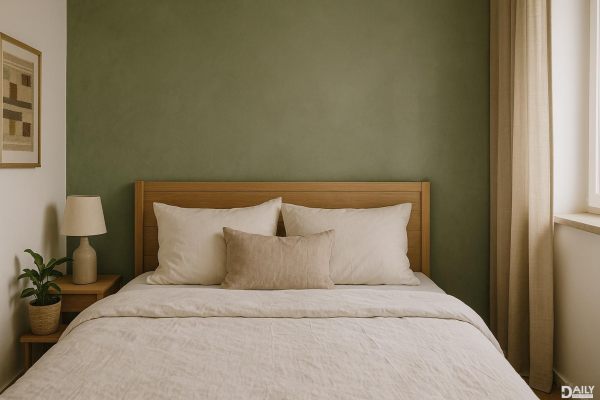If you're a night owl like me, the idea of falling asleep before midnight probably sounds like a pipe dream. But burning the midnight oil every night isn't doing your health any favors—science confirms chronic late nights mess with everything from your metabolism to your mood. The good news? With some strategic tweaks to your daily habits, you can actually train your body to crave an earlier bedtime without feeling like you're missing out on your precious nighttime productivity.
The Morning Reset: Your Secret Weapon
Here's the plot twist nobody tells you: fixing your sleep schedule starts the moment you open your eyes. Dr. Lynelle Schneeberg, a sleep specialist, compares your wake-up time to the conductor of an orchestra—it sets the rhythm for your entire body's schedule. The trick is gradual adjustment: nudge your alarm 15 minutes earlier every few days until you hit your target morning time. And yes, this means resisting the siren call of weekend sleep marathons—sleeping in more than two hours past your weekday wake-up basically hits the reset button on your progress.
But simply dragging yourself out of bed isn't enough. You've got to give your body clear signals that the day has begun. Step outside within 30 minutes of waking (yes, even if you're squinting like a mole in sunlight) to soak up natural light. Combine this with movement—maybe some gentle yoga stretches while your coffee brews or walking your dog around the block. These morning rituals trigger a cascade of biological processes that'll make you naturally sleepy about 16 hours later.
The Afternoon Energy Paradox
Here's where most night owls sabotage themselves without realizing it. That 3 PM slump hits, so you reach for an iced coffee or energy drink. Big mistake. Caffeine's half-life means that afternoon pick-me-up will still be partying in your system at bedtime. Switch to caffeine-free alternatives after 2 PM—try sparkling water with lemon or herbal tea if you need a ritual.
Another stealthy sleep disruptor? Late-day workouts. While exercise generally promotes better sleep, intense sessions within three hours of bedtime can leave you too amped up to unwind. If your schedule only allows evening exercise, opt for yoga or a leisurely walk instead of high-intensity intervals. Bonus: sunlight exposure during an afternoon walk does double duty by reinforcing your circadian rhythm.
The Digital Sunset Strategy
Your Netflix binge isn't just eating into your sleep time—the blue light from screens tricks your brain into thinking it's still daytime. Start dimming lights and avoiding screens 60-90 minutes before your target bedtime. If total digital detox feels impossible, try these compromises: enable night mode on devices, use blue light blocking glasses, or switch to audiobooks/podcasts with the screen off.
Create transitional activities that signal wind-down time to your brain. The key is consistency—whether it's skincare routines, light stretching, or journaling, doing the same sequence nightly programs your body to recognize sleep cues. Pro tip: If you catch yourself mentally rehearsing tomorrow's tasks, keep a notepad by your bed to "download" those thoughts and clear mental RAM.
The Bedroom Sanctuary Makeover
Your sleep environment might be working against you without you realizing it. Ideal sleep conditions are cooler than most people think—around 65°F (18°C). Invest in breathable bedding and consider a fan or smart thermostat. Blackout curtains are non-negotiable for night owls trying to adjust their schedules; even small amounts of morning light can disrupt those precious final sleep cycles.
If you've been using your bed as a home office or entertainment center, it's time for boundaries. Train your brain to associate the bed with sleep by reserving it for sleep and intimacy only. When insomnia strikes, the 20-minute rule applies: if you're not drowsy after 20 minutes, get up and do something boring in dim light until sleepiness returns.
The Mindset Shift
Changing lifelong sleep patterns requires reframing your relationship with nighttime. Instead of viewing early bedtimes as missing out, consider what you're gaining—more energized mornings, better focus, and improved health. Track small victories, whether it's falling asleep 15 minutes earlier or needing one less snooze alarm.
Remember that progress isn't linear. Some nights you'll slip back into old habits, and that's okay. The goal isn't perfection, but creating an overall trend toward healthier sleep. With consistent practice, you'll find your body naturally begins craving rest at more reasonable hours—and you might just discover you're more productive in those quiet morning hours than you ever were burning the midnight oil.
























